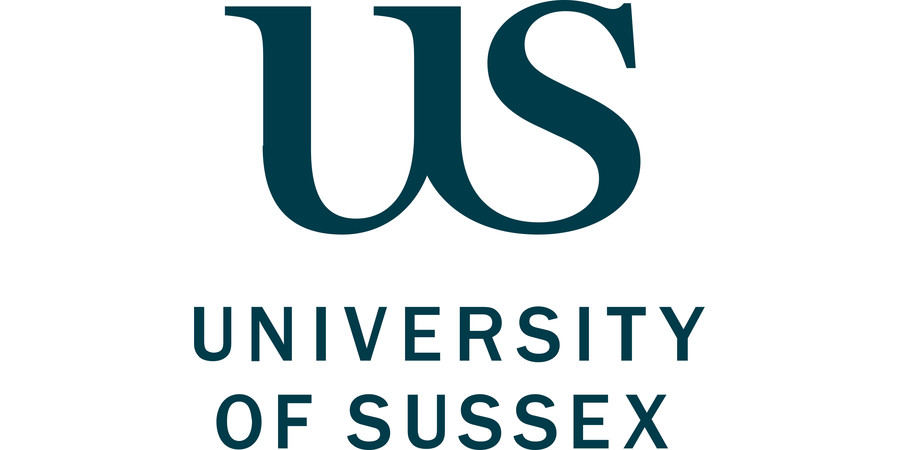PhD Studentship on European Research Council Project ‘Promiscuous Print: Legal Deposit Libraries, Rejected Texts, and New Methods for Negative Bibliography’ (PromPrint), 2026–29
University of Sussex - Faculty of Media, Arts, and Humanities
| Qualification Type: | PhD |
|---|---|
| Location: | Brighton, Falmer |
| Funding for: | UK Students, EU Students, International Students |
| Funding amount: | Not Specified |
| Hours: | Full Time |
| Placed On: | 24th November 2025 |
|---|---|
| Closes: | 26th February 2026 |
| Reference: | PromPrint PhD |
The Faculty of Media, Arts, and Humanities at the University of Sussex seeks to appoint a postgraduate research student to the European Research Council (ERC)-funded project ‘Promiscuous Print: Legal Deposit Libraries, Rejected Texts, and New Methods for Negative Bibliography’ (PromPrint).
Hosted by the Sussex Digital Humanities Lab (SHL Digital) and led by Principal Investigator Dr Hannah Field, PromPrint uses digital tools and quantitative analyses to uncover the rejects of legal deposit: the printed texts excluded from the ostensibly universal archive promised by copyright libraries. Taking a case study approach oriented around UK copyright libraries between 1836 and 1914, the project asks questions including: which textual forms and genres do deposit libraries reject? How and why does this change over time? More broadly, the research seeks to drive forward our understanding of how literature is canonized and forgotten, collected and destroyed.
The postgraduate researcher will be part of the PromPrint research team, which also includes PI Dr Field, postdoctoral researcher Dr Milan Terlunen, and Research Software Engineer Dr Nicolas Seymour-Smith.
PhD Project
The PhD project will focus on the relationship between obscenity and deposit. Pornography was a publishing phenomenon in nineteenth-century Britain. Moreover, as Sarah Bull notes, there were frequent attempts to define obscenity ‘as a single category of print’ covering not just porn but also sexological treatises and other medical materials. Against this backdrop, key questions for the postgraduate researcher will include:
- How did deposit libraries preserve or suppress obscene texts in this period?
- What is the relationship between deposit and individual library protocols for managing a broader range of controversial books (e.g., ‘Private Case’ at the British Museum Library, ‘Arc’ at Cambridge, ‘Phi’ at Oxford)?
- In what ways did deposit and copyright contribute to the definition of obscenity itself?
- What is gained by understanding which obscene materials are missing from copyright library holdings?
- How can data on rejected books contest or revise existing histories of gender, sexuality, medicine, and publishing?
Formal applications should include a CV, degree transcripts and certificates, two academic references, and a 1,000-word statement of interest which (a) responds to the essential and desirable criteria for the role, outlining in particular previous experience in fields relevant to the project, such as bibliography, book history, Digital Humanities, and Victorian studies, and (b) gives a brief outline of particular angles on the research topic that you would like to pursue.
Candidates’ statements of interest should make reference to the following essential attributes and, as relevant, desirable attributes.
Essential Attributes
- An outstanding academic record evidenced by Master’s degree (completed or close to completion) and undergraduate degree in a relevant humanities discipline, ideally at Distinction/First level, or equivalent experience of working at an outstanding level in a relevant domain in an HEI or non-HEI, or relevant experience in the creative and heritage sectors; and
- Knowledge of the period covered by the project through previous study or relevant experience.
Desirable Attributes
- Experience working with quantitative and textual data, writing computer code, and/or using existing Digital Humanities tools.
The successful candidate will be supported to fill gaps in their Digital Humanities skills and knowledge during the project.
Funding Comment
The studentship covers PhD fees (Home or International), research costs, and a tax-free stipend in line with the UKRI level (£21,383 for 2026/27) for a period of three years’ full-time study beginning in October 2026.
Advert information
Type / Role:
Subject Area(s):
Location(s):









